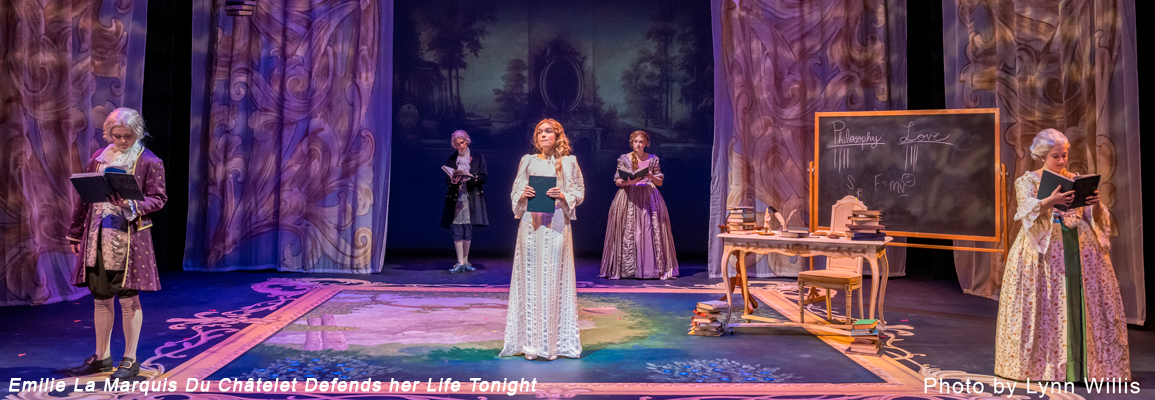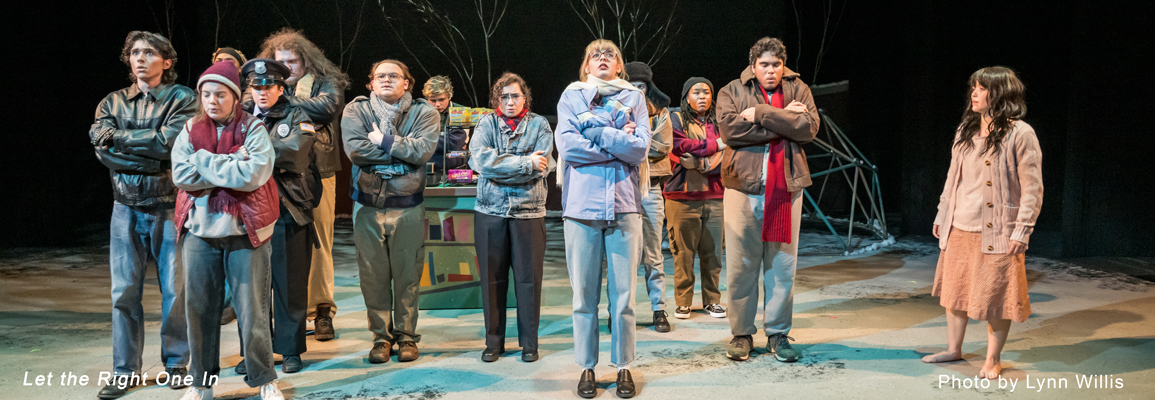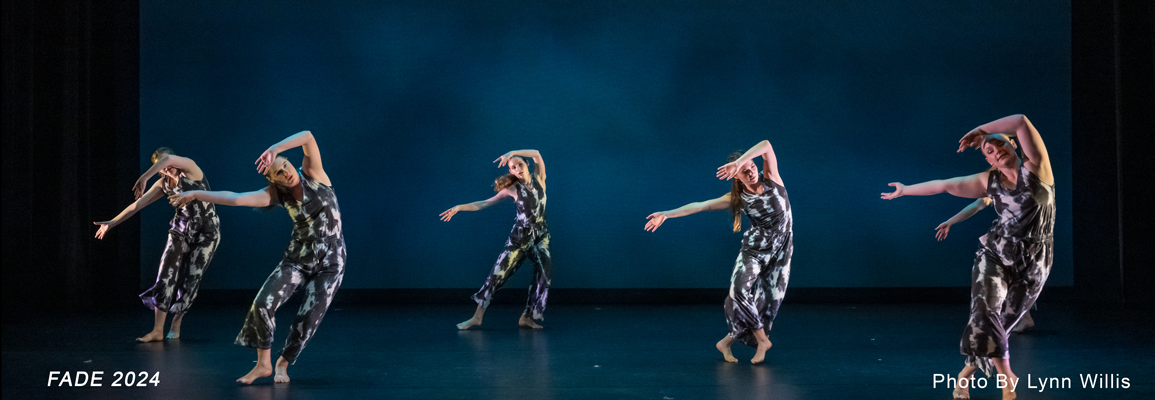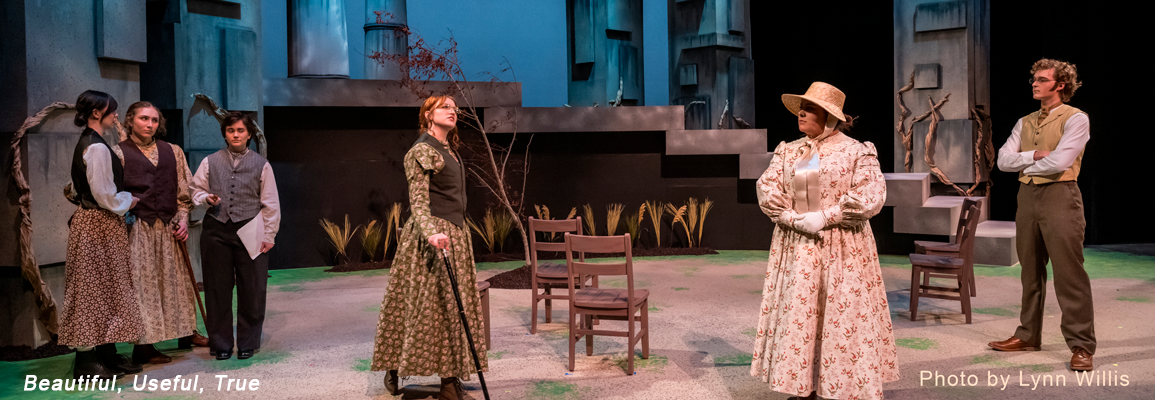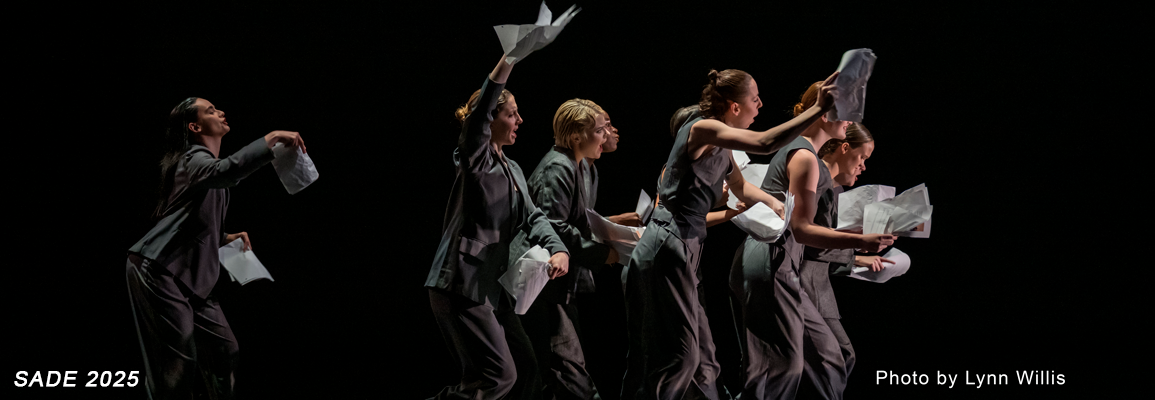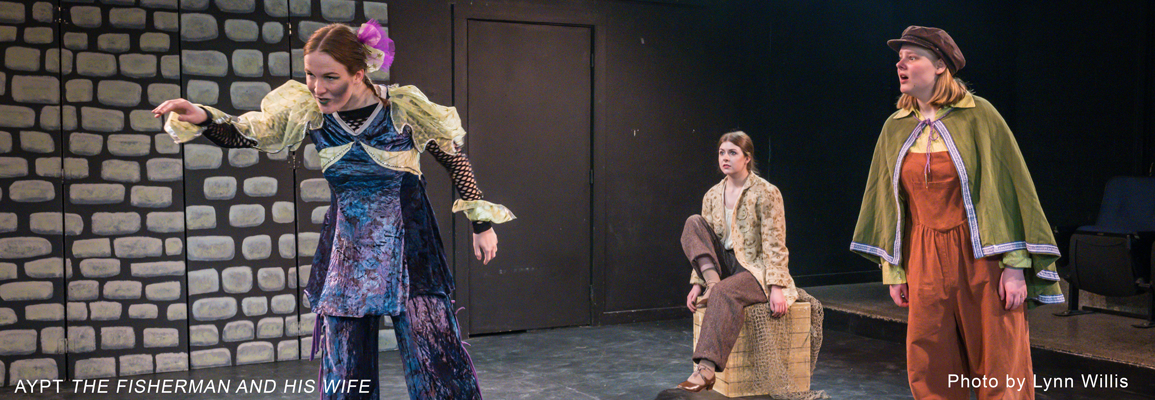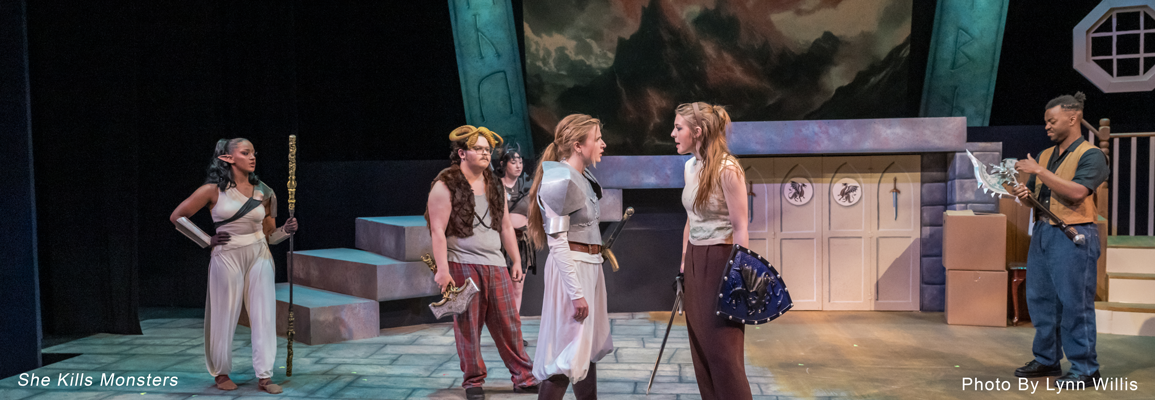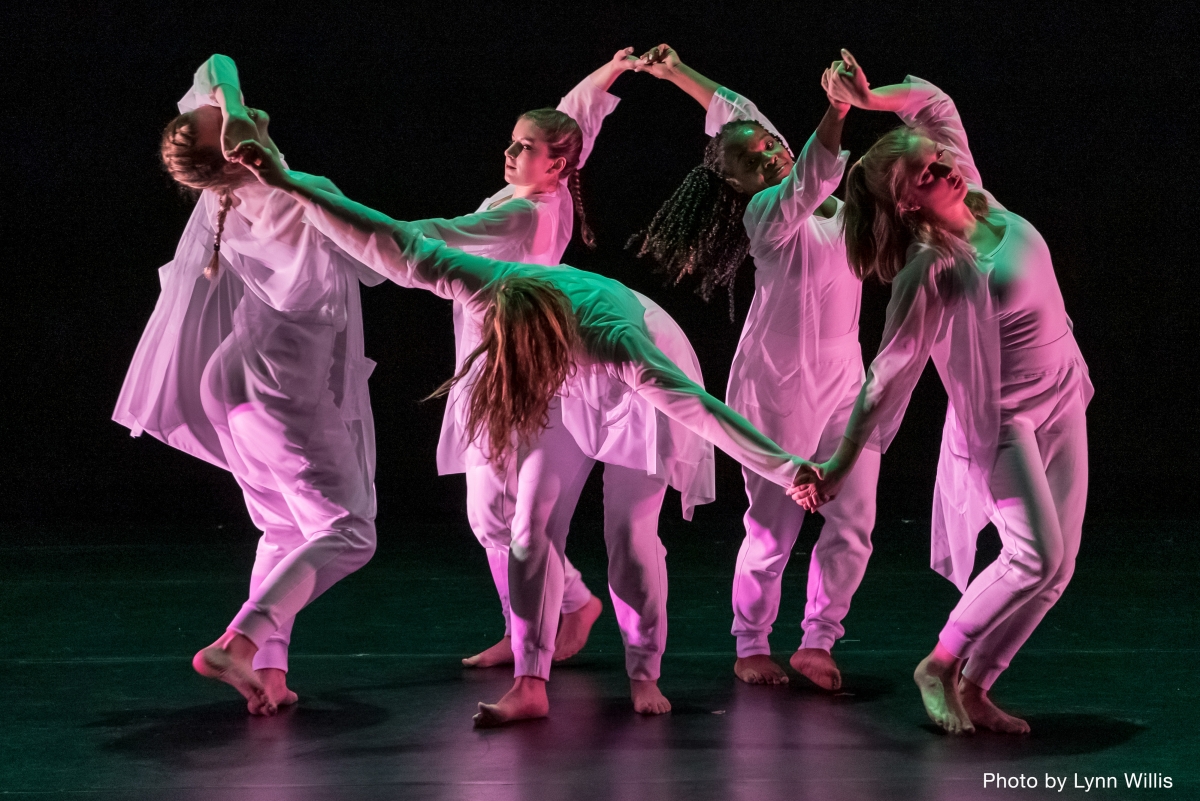Upcoming Performances
 |
oh to be pure againWednesday, February 25, 2026 to Sunday, March 1, 2026 oh to be pure again by Kira Rockwell February 25 - March 1, 2026 Valborg Theatre Directed by Dr. Paulette Marty |
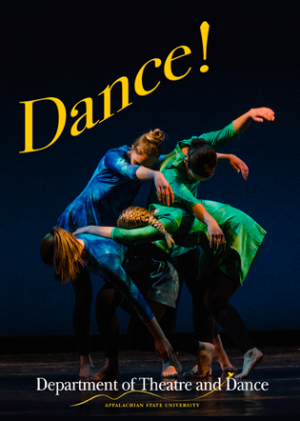 |
Spring Appalachian Dance EnsembleWednesday, March 25, 2026 to Sunday, March 29, 2026 Spring Appalachian Dance Ensemble (SADE) March 25 - 29, 2026 Coordinated by Chris Yon Valborg Theatre Students $10, Faculty/Staff $15, Adults $17 |
Why Study Theatre and Dance at App State?
We engage you in all aspects of theatre and dance while honoring your distinct learning needs, interests, aspirations and cultural backgrounds. As one of our majors, you're eligible for 16 departmental scholarships at the end of your first year of study.
Our programs reach thousands annually through our co-curricular and community productions, training and education programs and general education coursework. You’ll engage in all aspects of the art form, from the inside out, as a performer, designer, writer, creator, thinker and advocate of theatre and dance.
We focus on pre-professional training while simultaneously ensuring that you acquire highly transferable skills that will boost your employability in a variety of fields. Of those who have graduated since 2012, 91% are employed or are in graduate or professional study. 60% are in the theatre/dance profession or are in graduate or professional training in the theatre, dance or related disciplines.
Our department’s student/faculty ratio is an impressive 8:1, and every one of our courses is taught by a highly qualified theatre or dance professional – not a graduate student. We only offer undergraduate programs, so you won’t compete with graduate students for performance, production roles or creative positions in the co-curricular production program.
Appalachian State University is an Accredited institutional member of the National Association of Schools of Dance (NASD) and National Association of Schools of Theatre (NAST).
